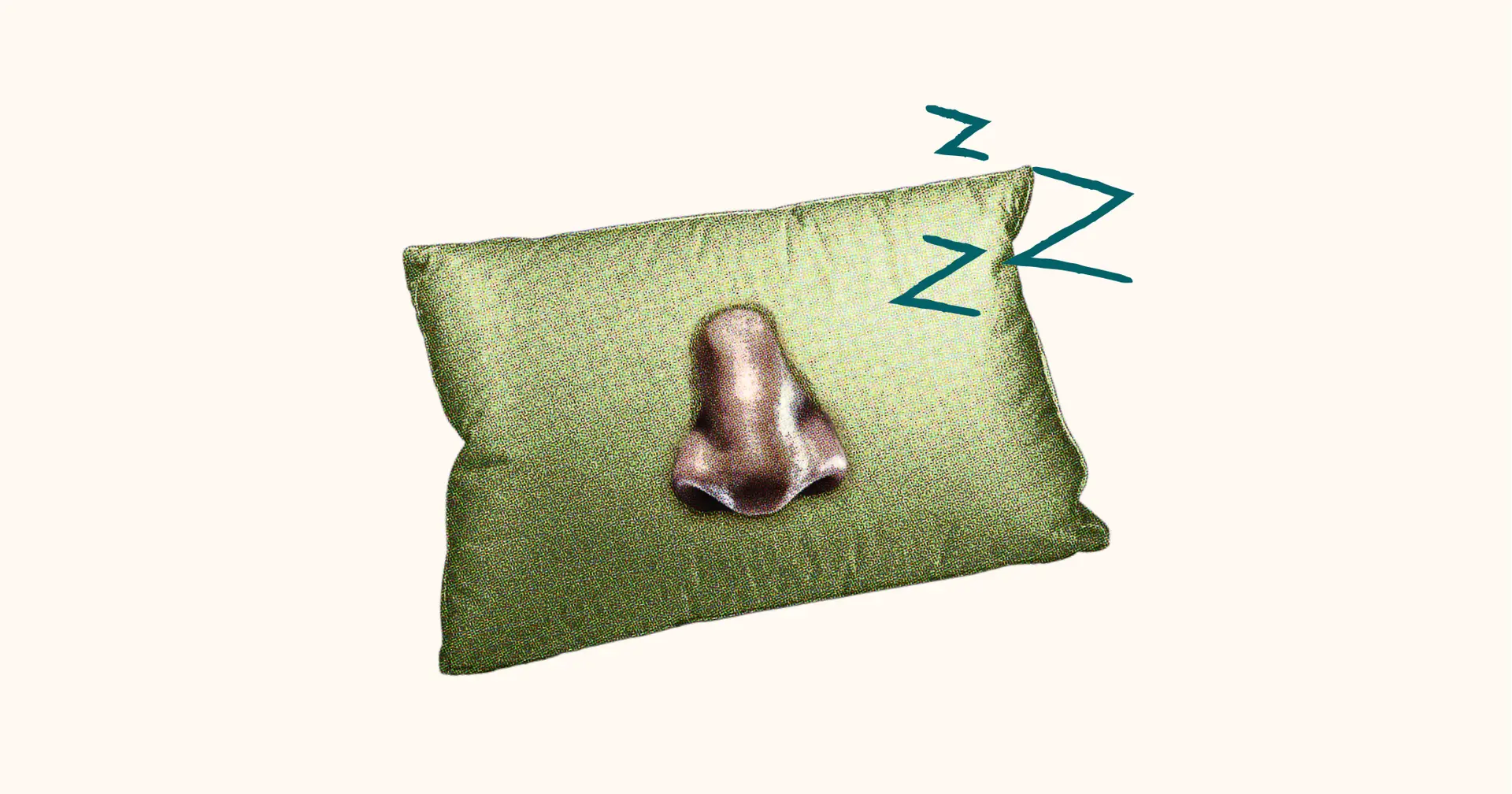Think your chainsaw-style snoring is no big deal? It’s not just affecting whoever’s sharing your bed (or apartment block) it’s likely having a huge impact on your health.
Here’s what you need to know about obstructive sleep apnoea (OSA), the signs you have it and what to do about it.
What is sleep apnoea?
Obstructive sleep apnoea is when your throat repeatedly collapses and blocks the upper airway during your sleep. The blockage can be partial or complete, lasting anywhere between a few seconds and a minute.
This causes you to stop breathing until your brain notices and wakes you up to get the throat muscles working again. You might not notice waking up throughout the night, but the broken sleep can leave you feeling exhausted the next day.
“Sleep and sleep problems affect pretty much every cell in every organ in your body,” says Professor Robert Adams, Deputy Chair of the Sleep Health Foundation.
Sleep apnoea increases your risk of accidents, heart attack and stroke, and contributes to long-term health issues like high blood pressure, cognitive decline and dementia, diabetes, depression and erectile dysfunction. And it can affect anyone.
“The stereotype is that sleep apnoea is a disorder of middle-aged and older, overweight to obese, snoring men, and that’s because increased weight, especially around your neck and upper airway and chest, certainly increases your risk of developing sleep apnoea, but it’s not the only thing,” Professor Adams says. “Quite a number of people can be a normal weight and still have significant sleep apnoea.”
Signs of sleep apnoea
“Snoring tends to be the typical symptom, but not everyone has very loud snoring and has sleep apnoea,” Professor Adams says. “One of the other big symptoms or indications that something is a problem is sleep disturbance and insomnia.”
Whether you’ve noticed the symptoms of sleep apnoea or someone’s shared their concerns about your snoring, have a chat with your doctor, and they’ll refer you for a sleep study.
This can be done at home or by staying overnight at a sleep clinic. A sleep study will monitor and measure your sleep, brain signals, breathing and oxygen levels.
If you go through the public system, it shouldn’t cost you anything; if you use private health insurance, there may be some out-of-pocket costs.
You can find more information about average costs here.
What are the treatments for sleep apnoea?
There are a few things you can do to manage sleep apnoea, like losing weight, quitting smoking and not drinking alcohol. Treatment also often involves using a Continuous Positive Airway Pressure (CPAP) device.
This is a mask you wear over your nose and mouth at night that applies increased air pressure into your airway to prevent your throat from blocking.
There are also specially made mouthguards you can use that position your jaw or tongue in a way that stops your throat from blocking, or nasal devices to open the airway.
A dentist must fit oral appliances to be effective. Sometimes surgery is considered when other treatments for sleep apnoea have not worked.
















